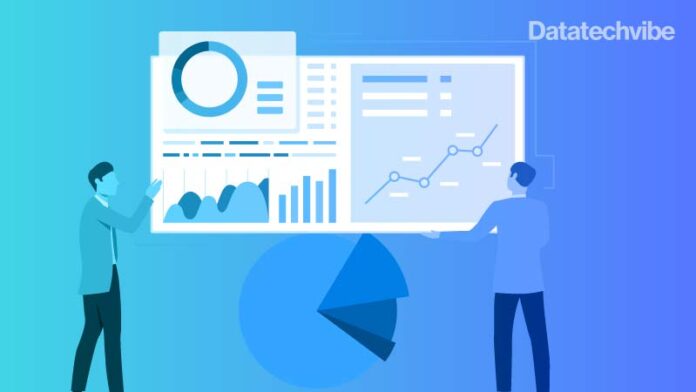Consumers are hungry for digital innovation, but two-thirds are uncertain who has access to personal data
A new study of over 6,000 consumers across Europe by VMware revealed that two thirds (66 per cent) of European consumers do not know who has access to their personal data and how it’s used. Yet, the majority still have an appetite for digital advancement, with 58 per cent believing that technology can contribute to the digital progress of their country by creating new jobs and livelihoods, and 68 per cent wanting investment in technological innovation to make our world a better place, compared to the 6 per cent, for example, who want it to commercialise things like space tourism.
This clear gap between the digital appetite of consumers and their confidence in how their data is used to create such services and experiences could undermine technology’s potential to improve our economies, society and planet.
While 47 per cent of people acknowledge the introduction of new technologies that push new frontiers can be uncomfortable/scary, they still believe it is necessary to improve the well-being of citizens and society, only 16 per cent do not. Yet the research findings also reveal the significant steps government and industry need to take to ensure consumers are fully onboard with their role in sharing data to drive the possibilities of a digital-first world.
The majority (58 per cent) of the public are increasingly concerned about the security of their online digital footprints, almost three-quarters (72 per cent) are worried about the role technology plays in the spread of misinformation, and 48 per cent now feel paranoid that organisations are tracking and recording what they do on devices. On top of this, just 10 per cent of consumers feel businesses and governments are clear enough on the technologies they use and how they use them.
“We’ve reached a decisive moment in how technology innovation and digital experiences can positively shape our lives, economies, society and planet. But there is a lack of awareness about the type of data needed to drive this progress, and consumers are rightly feeling distrustful. Most people’s only real understanding of data is when a security breach story hits the headlines – and not all the incredible things we can do in medicine, with autonomous vehicles, in mobile entertainment, shopping and society. The perceived price of progress is too high – consumers are not yet fully on-board with sharing the data required to fuel change. For consumers to embrace this, they must know what happens to their data – the majority of which isn’t personally identifiable to them – and feel confident it is being handled securely and sensitively,” said Joe Baguley, VP & CTO EMEA, VMware.
As it stands, mistrust of data has reached a point where it’s impeding support for technology’s potential to act as a force for good. Sixty per cent of consumers are scared or uncomfortable sharing their day-to-day personal data to help governments and companies design smarter and greener infrastructure. And less than a fifth (17 per cent) are excited at the prospect of a digital shadow of the town/city they live in that could improve the efficiency of their physical surroundings.
According to the European Commission, unlocking the value of data could be worth Euro 550 billion to the EU by 2025. But the industry and government must take an active role in helping consumers become more aware and confident about data, so we can collectively help boost digital economies. This can be done by building solutions rooted in individual choice and control over data, inspiring and educating to help foster a technology-literate population, and building confidence that the parties handling sensitive data are fit to do so. The past two years have seen a seismic shift towards a genuinely digital-first world, but now it’s time to reset and realign to usher in the next frontier of innovation, said the study.









